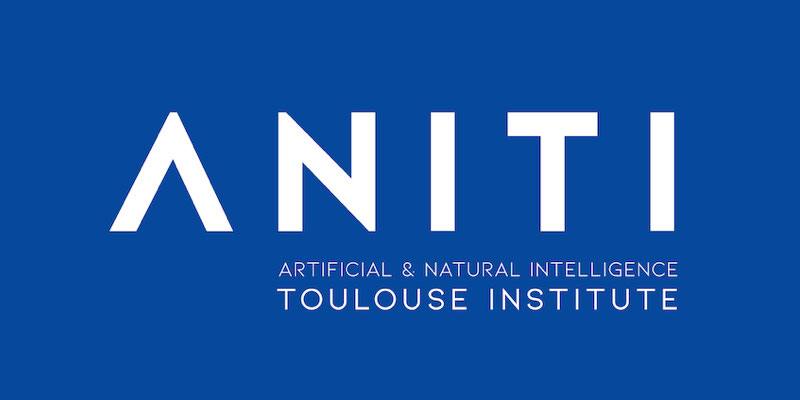Lie detection algorithms disrupt the social dynamics of accusation behavior
Résumé
Humans, aware of the social costs associated with false accusations, are generally hesitant to accuse others of lying. Our study shows how lie detection algorithms disrupt this social dynamic. We develop a supervised machine-learning classifier that surpasses human accuracy and conduct a large-scale incentivized experiment manipulating the availability of this lie-detection algorithm. In the absence of algorithmic support, people are reluctant to accuse others of lying, but when the algorithm becomes available, a minority actively seeks its prediction and consistently relies on it for accusations. Although those who request machine predictions are not inherently more prone to accuse, they more willingly follow predictions that suggest accusation than those who receive such predictions without actively seeking them.
Domaines
Sciences cognitives| Origine | Fichiers éditeurs autorisés sur une archive ouverte |
|---|


